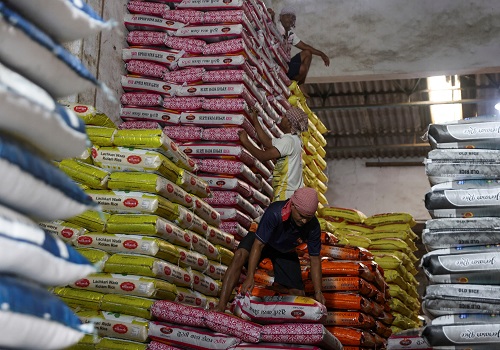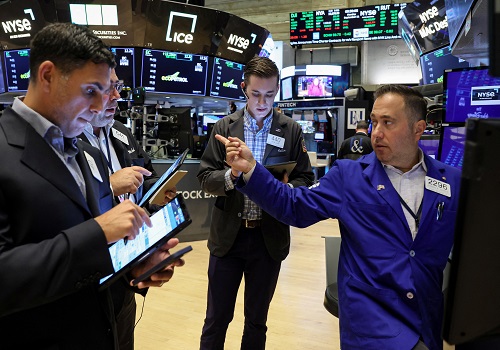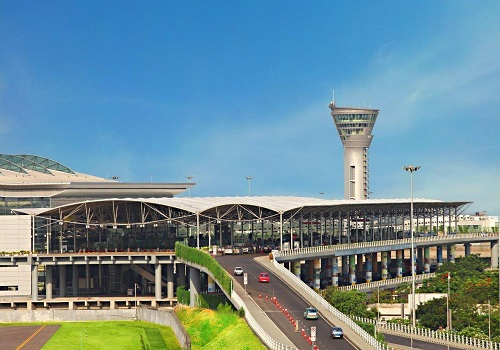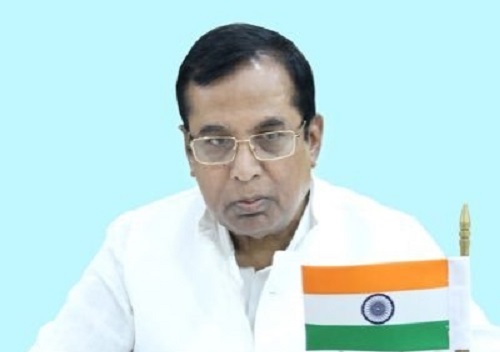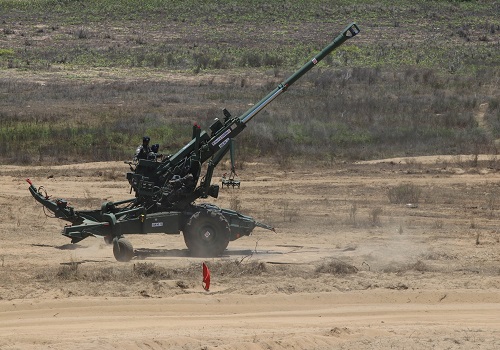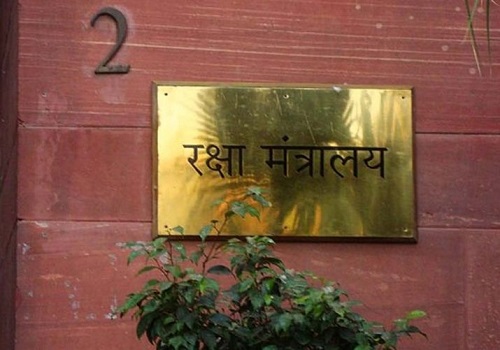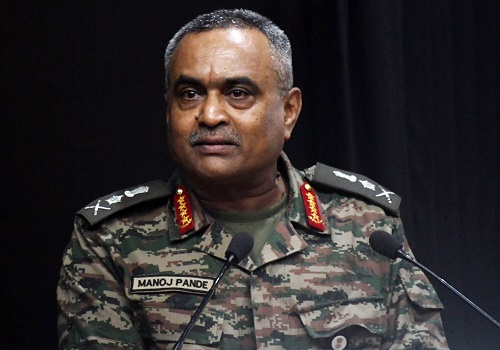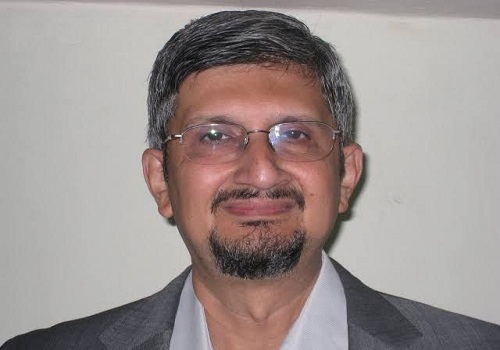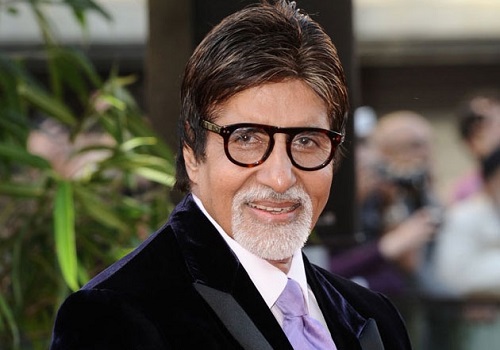IAF airships, drone tech quantum comms: IIT-D powers slew of inventions
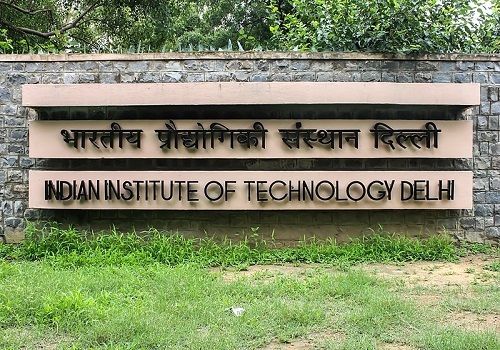
Follow us Now on Telegram ! Get daily 10 - 12 important updates on Business, Finance and Investment. Join our Telegram Channel
Be it the Indian Army, Air Force or in the field of drone technology, IIT-Delhi is working closely with DRDO and the government. In an exclusive interview with IANS, Director of IIT-Delhi, Ranjan Banerjee, talked about a few such initiatives.
Here are the excerpts from the interview:
Q: IIT-Delhi is helping the Indian Armed Forces and is a major partner of DRDO, what are the latest inventions and the areas where IIT-Delhi is helping the Indian Defence sector.
A: IIT-Delhi has developed a lightweight bullet-proof jacket. Recently Indian Air Force signed an MoU with IIT-Delhi for various development projects to support the requirement of the IAF. We are looking for a technical textile. Indigenous fire resistance suits. We have airships, we are working with DRDO for the material of these airships. We are also working on quantum technology and quantum communication. We were one of the few academic institutes. In the Defence Expo, one of our faculty-related startups received an award from the Prime Minister in the field of innovation.
Q: The drone technology is in talk these days, what IIT-Delhi is doing to develop advanced drones and drone technology?
A: We have a hub for cobotics, 'cobotic' means collaborative robotics and the 'drone' is one of the areas. In Sonipat (Haryana) we are creating a drone facility, including drone pilot training, drone simulation, we are planning next year to start M.Tech in robotics. We have a Centre of Excellence in bio-inspired robots, there are so many startups in drones, which are coming from our alumni and our research students. We are supporting DST, we have been identified as a national hub.
Q: What IIT-Delhi is doing for cybersecurity-related things?
A: Yes, we are doing a lot in cybersecurity. We have specialised in an M.Tech course for cybersecurity. We train people who will be in organisations, who will be tackling all cybercrime-related things. Department of Telecom Communication R&D centre C-DOT and IIT Delhi have signed MoU for cooperation in various areas of telecom spanning and 5G and beyond technologies.
Q: Is IIT-Delhi looking forward to working with foreign universities, especially in the field of academic collaboration?
A: There are a large number of institutions and foreign universities with whom IIT-Delhi has done academic collaboration. There are American universities, European universities, universities from England, Australia, Taiwan University and many others. The University of Queensland of Australia is the largest one. IIT-Delhi has joint PhD programmes with many foreign universities. With Taiwan, IIT-Delhi has done a collaboration for a joint degree. We have also collaborated with many foreign universities in the field of research.
Q: It will not be wrong if we say that IIT-Delhi is one of the main institutes for artificial intelligence. What is IIT-Delhi doing on artificial intelligence?
A: We have an alumni-funded school for artificial intelligence. We have master programmes for artificial intelligence and in machine learning. We are looking at a large number of research projects because artificial intelligence goes into many areas.
Q: Has IIT-Delhi prepared and planned to bring some new courses from the next academic session?
A: Yes, from next session there will be many new courses. As I told you, M.tech in Robotic is one of the new courses. We are planning to have a B.Tech in Design, we started a Bachelor of Design but now we are also looking at Bachelor of Technology in Design, which will start from next year.
Q: Even during the Covid-19 period, IIT-Delhi came with its new innovations and research. Can you share a few research and inventions of IIT-Delhi which will help common people in the coming days?
A: We have done a large number of things for differently-abled people. We have translated all the CBSE books, we have specialised technology so the visually challenged can actually read and convert these books.
In another invention we have made a smart cane. If there is a person who is unable to see. He or she can use that cane. That cane looks at obstacles and gives signals. There are a whole host of things which we are doing.












 320-x-100_uti_gold.jpg" alt="Advertisement">
320-x-100_uti_gold.jpg" alt="Advertisement">

